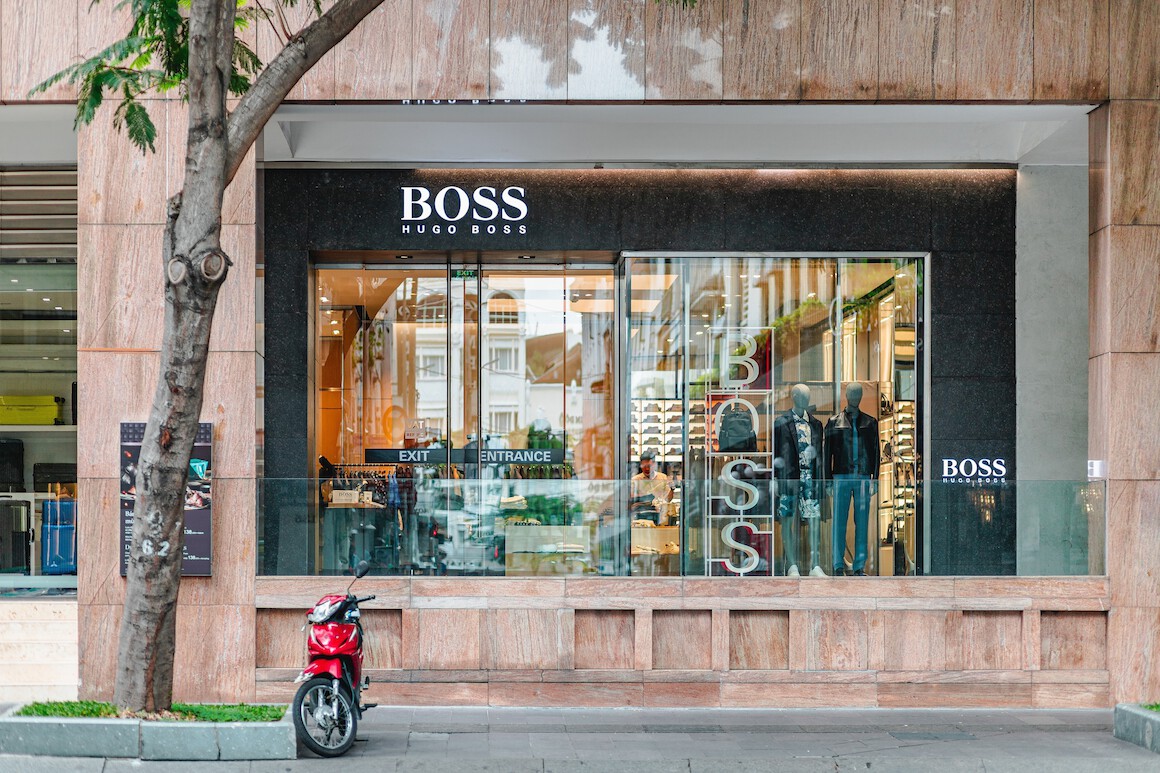1. CASE SUMMARY
A. Summary of facts
This case concerns an unlawful exchange of information in a dual distribution scenario.
Hugo Boss Nordics is a supplier of Hugo Boss apparel, selling the clothing both directly and through independent distributors. Kaufmann and Ginsborg are such independent distributors.
Over a period from January 2014 to November 2017 resp. December 2014 to April 2018, Hugo Boss Nordics exchanged information on prices, discounts and volumes in relation to future sales on the retail market with Kaufmann and Ginsborg.
The Danish Competition Appeals Tribunal considered that the exchange of information also concerned Hugo Boss Nordics’ retail business rather than only its wholesale business, rendering the exchange an unlawful exchange of sensitive information between competitors. The Danish Competition Appeals Tribunal thereby upheld the decisions of the Danish Competition Council.
B. Notes on case history
On 24 June 2020, the Danish Competition Council decided that Hugo Boss Nordics, Kaufmann and Ginsborg had entered into an unlawful exchange of information on prices, discounts and volumes, contrary to Section 6 of the Danish Competition Act and Article 101(1) TFEU.
The Danish Competition Council found that the concerted practice was horizontal and therefore the practice did not fall within the scope of the block exemption regulation for vertical agreements. The concerted practice also did not fulfil the conditions for individual exemption under Section 8(1) of the Danish Competition Act or Article 101(3) TFEU.
Hugo Boss appealed the decision to the Danish Competition Appeals Board on 22 July 2020.
C. Legal analysis
The Danish Competition Appeals Tribunal first assessed whether the relevant information exchanges constituted a ‘vertical agreement’ in accordance with Article 1(a) of the (then applicable) Commission Regulation 330/2010, analyzing whether the conduct concerned the conditions under which the parties could purchase, sell or resell the products from Hugo Boss. The Tribunal decided that the information exchange was horizontal rather than part of the parties' vertical relationship. Although Article 2(4) of Regulation 330/2010 did provide a block exemption for some dual distribution scenario’s, the exchanges at hand could therefore not be block exempted.
The Tribunal went on to assess whether the relevant information exchanges should be considered as "by object" infringements of competition. The majority opinion ruled that, since the information exchanges concerned prices, discounts and volumes in relation to future sales on the retail market where Hugo Boss Nordics, Kaufmann and Ginsborg were actual competitors, such exchange was decided to constitute a restriction by object.
The Danish Competition Appeals Tribunal therefore upheld the decisions of the Danish Competition Council, finding that the exchange of information on prices, discounts and volumes in relation to future sales on the retail market constituted a competition law infringement by object in violation of Section 6 of the Danish Competition Act and Article 101(1) TFEU.

Sign in to post comments